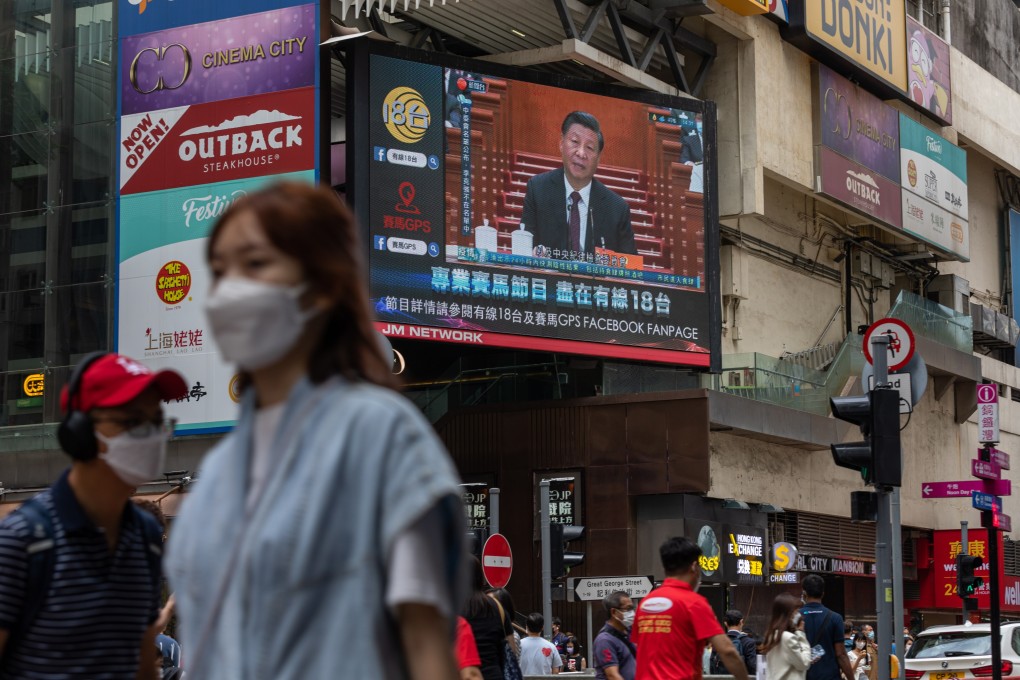Editorial | Hong Kong must take its time to get national security law right
- The legislation has been long overdue but considering the circumstances, a little extra time to make it palatable to all stakeholders is worth it

The passing of new national security laws was described by John Lee Ka-chiu as a priority during his campaign for the city’s leadership in April. The legislation was expected by the end of the year, but has now been deferred until 2023. The sensitive and complex bill is not among the 16 scheduled for the remainder of this year.
The delay is a sensible move reflecting the many pressing issues the government is facing. It is a matter of fine-tuning the city’s priorities. Hong Kong is striving to get its pandemic-hit economy back on track and to deal with urgent livelihood issues.
The city also hopes to open up, with a high-profile international banking conference and the Rugby Sevens taking place this week.
President Xi Jinping warned recently that systems protecting national security need to be strengthened. Hong Kong has had a constitutional duty to pass legislation under Article 23 of its de facto constitution, the Basic Law, since returning to Chinese rule in 1997. An attempt to enact the laws was shelved in 2003 when 500,000 people protested amid concerns about their impact on freedoms.
Much work has already been done to prepare the new legislation. But it is wise to take some more time to consider it and to consult, as Hong Kong seeks to emerge from the Covid-19 pandemic.
